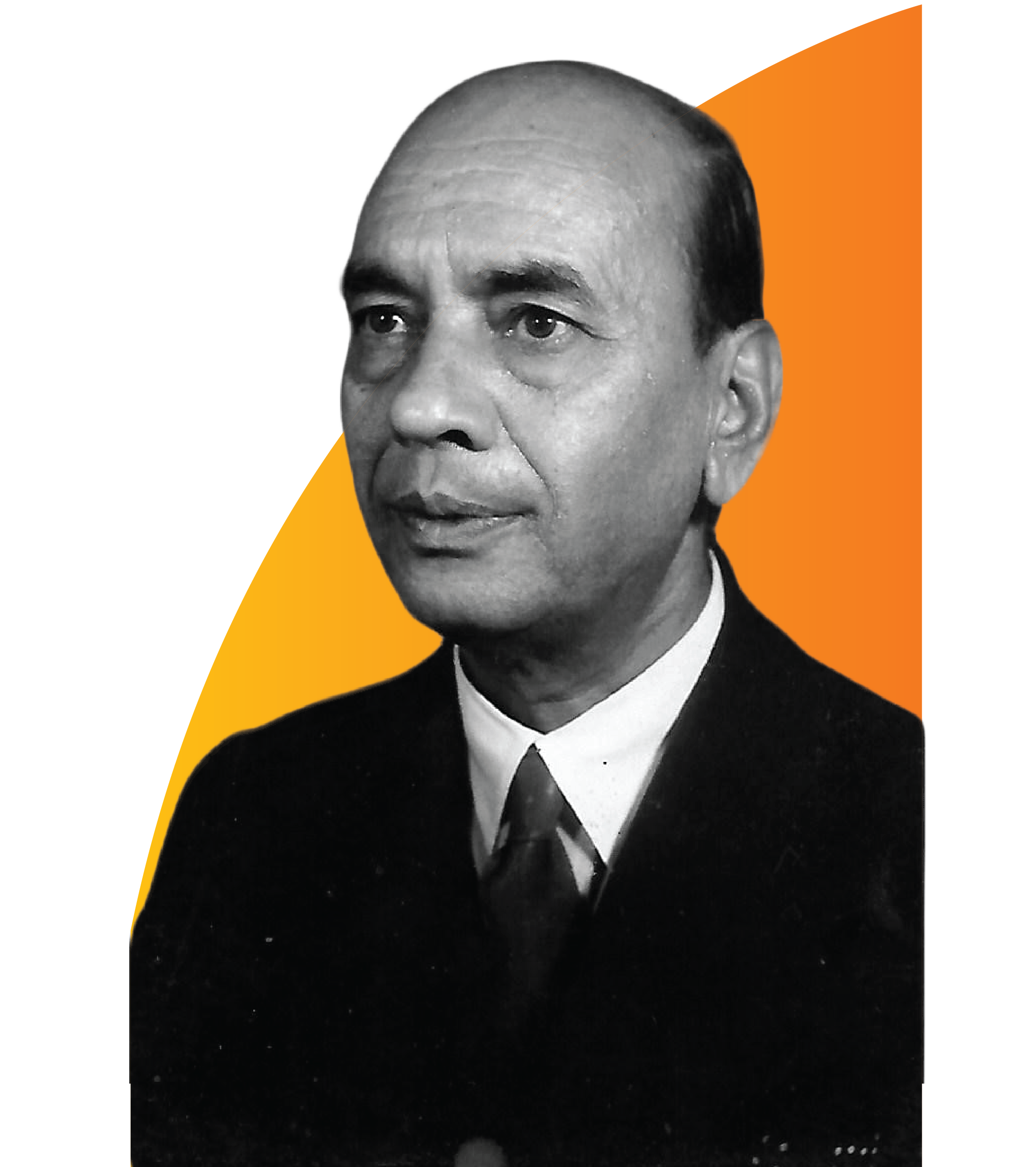Kalam-E-Anwar
The book is a collection of Dr. Manohar Sahai Anwar’s Poems. Multiple genres have been covered in this book ranging from romance (Haqiqi love for God, Majazi love for another person) Jashne Azaadi, Democracy in Hindustan, Lessons from Gita, Ram Rajya, Maharishi Dayanand etc. His work ranged from poetry to prose. He mastered several languages: Persian, Urdu, English, Hindi and Punjabi. Khawaja Altaf Husain Hali, Ghalib’s famous pupil, reviewed Dr Anwar’s early poems. Like Hali, Dr Anwar too had a uniquely beautiful style in poetry and prose.
Buy from Flipkart

About the Author
Dr Manohar Sahai “Anwar” (1900-1974) was an erudite scholar, eminent critic and a renowned poet. His cultural background, intellectual calibre, progressive broad outlook, vast understanding, profound scholarly proclivities and high literary achievements lent a peculiar charm to his personality. Dr Anwar did post-graduation, (M.A. M.o.L), Doctorate in Persian, and a diploma in Hindi and Punjabi from Panjab University, Lahore. He hailed from a learned Kayastha family of Delhi and Badaun (U.P.), which had produced numerous renowned Persian scholars and authors during and after the Later Mughal Period. He was a representative of the Old and New schools of learning, as he combined in him certain special qualities that were rarely found in the ordinary run of highly educated people. He was a poet of fifty years’ standing; presided over numerous poetical symposia and literary conferences of (then) United Punjab and other places in the country. He authored several articles, poems and columns for the renowned Urdu magazine ‘Beeswin Sadi’. He recited his poetic works regularly on ‘Urdu Majlis’, which was broadcast by All India Radio, New Delhi, pan-India.
His doctoral thesis ‘Khan-i- Arzu: His Life and works” is a rich research in Persian poetry and prose, philology, phonology, lexicography, grammar, commentaries, criticism, linguistic controversies, letters, cultural and literary history etc. Dr J.A. Arberry (Cambridge) and Dr Abdussattar Siddiqi (Allahabad), the examiners, found the thesis an exhaustive research and strongly recommended its publication by the University. He also did a thesis on the famous poet ‘Seemab Akarabadi’.
Explore the Book
Discussion on two favourite poems
दिल कुशा
न उलटी इस ने महफ़िल में नक़ाब अव्वल से अख़िर तक
रही फ़िर भी तजल्ली बरक़े ताब अव्वल से अख़िर तक
उठाता हूँ नज़र जिस जानिबे अफलाक मसती में
तो उठ जाते हैं ये सातों हिज़ाब अव्वल से अख़िर तक
सह अतिशा
ये ग़म बेहद खुशी होते हुए भी कम नहीं होता
के तुम ग़म दे रहे हो और मुझ को ग़म नहीं होता
ये माना मेरे ग़म का आप को ग़म कम नहीं होता
मगर क्या कीजिए ग़म से इलाजे ग़म नहीं होता
About the Book
The book is a collection of Dr. Manohar Sahai Anwar’s Poems. People often say poetry is the language of love which it is. Multiple genres have been covered in this book ranging from romance, Jashne Azaadi, Democracy in Hindustan, Lessons from Gita, Ram Rajya, Maharishi Dayanand etc.

An interview with the author
We had a small interview with Dr Manohar Sahai, Some portions of the interview is added for our visitors.
